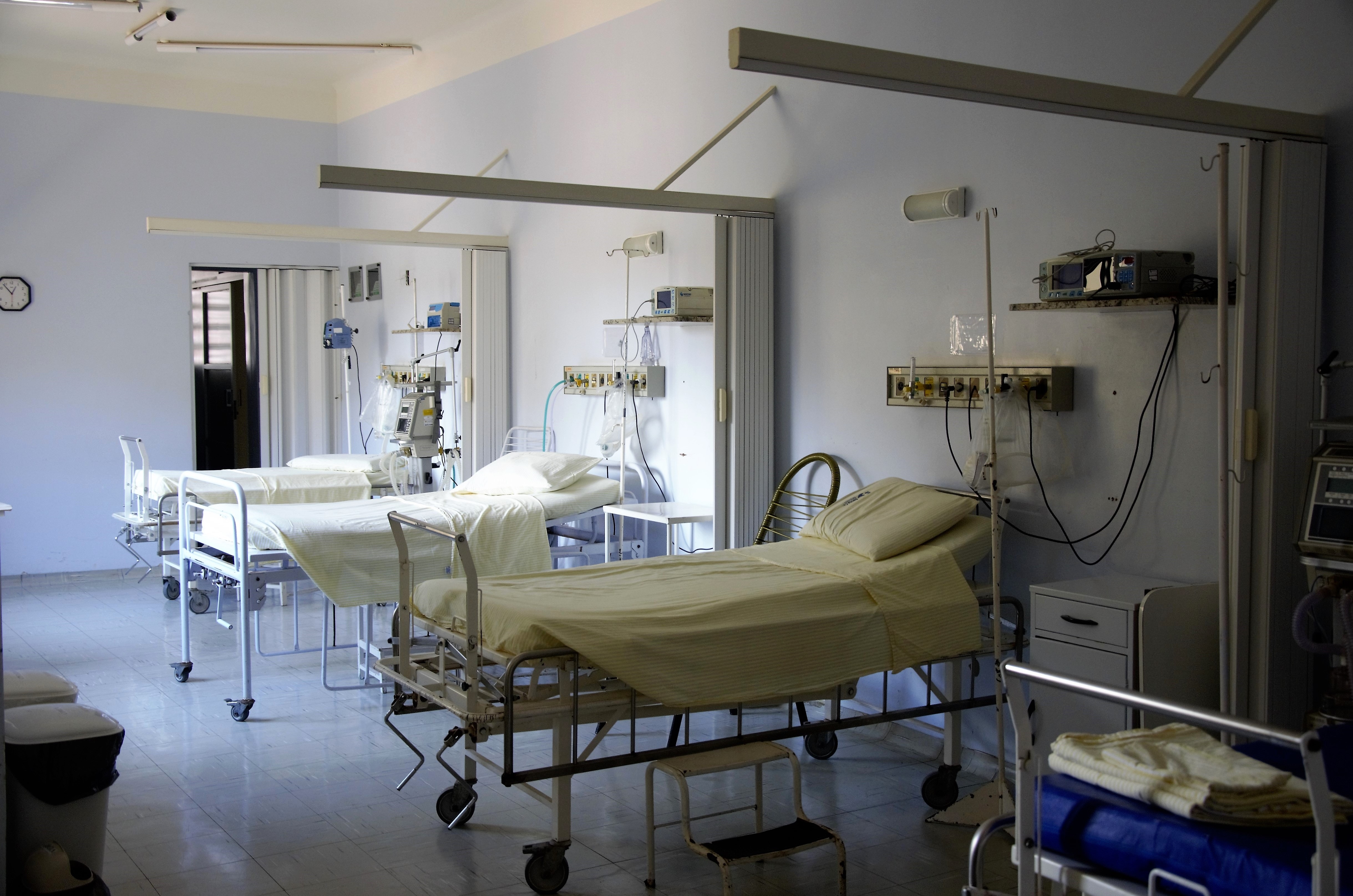The number of infected with Coronavirus in Slovakia is rising every day with 2 deaths confirmed so far. Slovak medic (20), who works in an Emergency Room (ER), answers the questions everyone wants to know the answers to. His name is Peter and he is currently in 14-day quarantine waiting to be tested for Covid-19.
What is it like to work in the ER during the pandemics?
It is more like a paid holiday as people are afraid to come in with stupid things they would usually come in with. I would say that the number of people coming in dropped by 100-120% compared to what we are used to. It is more relaxed now as people who come in are emergency cases, so we don’t have to deal with cases that are two days old (sometimes people come in with a diagnosis that is two years old).
With is the procedure when someone, who potentially could be infected, comes in?
If someone, who can potentially be infected, comes in, in 99% of cases we know in advance because we get a phone call from KOS (Regional Operation Centre). The patient is brought in, but he comes alone and goes straight to the dedicated floor located on the -1 floor. Based on the state of the patient, further examination is carried out and swabs for Covid-19 are taken. Unfortunately, it can happen that the remaining 1% will go through triage. These are currently carried out 24/7. The person can be tested positive without any symptoms and, therefore, a part of medical staff can end up in quarantine.
How long does it take for the test results to arrive?
24 to 48 hours since the swab was taken.
If the patient tests positive, does he stay in-home quarantine?
How do you decide who will be hospitalized?
The patient who tests positive can be hospitalized but doesn’t have to be. It depends on his health condition. For example, if the patient had a stroke and is positively tested for Covid-19, he needs to be hospitalized. If the person comes from abroad, is tested positive but doesn’t have any symptoms, then he doesn’t need to be hospitalized. Of course, the decision is made by the treating doctor.
Are patients more sympathetic towards the medical workers in this situation?
Patients are the same as they have always been. At least from my point of view. The only thing that has changed is that they stopped coming in with minor problems that can be solved by the GP the next day.
I think it is mainly due to fear. Everyone is afraid that they will get infected in the hospital. Regarding people’s behavior, Fridays and Saturdays are always full of surprises. As a medic, you can see the results of excessive alcohol consumption. Quarantine and movement restrictions can’t stop people – they will always find a way to get together.
Do medical works still suffer from the lack of masks and respirators?
I don’t know what the situation is like in other hospitals, but I feel like not much is going to change in our hospital until something bad happens. From my point of view, the personnel are not adequately equipped, and they weren’t when pandemic started. The hospital started taking some action after a couple of people from ER ended up in the quarantine.
Are personnel tested preventively or only if there is a suspicion of infection?
Personnel is not tested preventively. The action is taken if the worker shows symptoms of Covid-19. Or if a medical worker treated a patient who tested positive without a protective suit.
If there is a suspicion, is the testing of medical workers prioritized?
The testing of medical workers is not prioritized. According to guidelines, they stay at home for 14 days, the first swab is taken after 6 days and second after 14 days. If none of them is positive they can, or have to, go back to work.
If the test is positive do medical workers go to home quarantine?
If the state of the infected doesn’t require hospitalization and can be handled at home, then they stay at home. If the state is serious, then they stay in the hospital.
Do the colleagues of the infected medical worker have to go to the quarantine as well?
In that case, it is a big problem as two to three shifts can be ordered to stay in quarantine. In these cases, the workers are replaced by people who lack experience or students of medical high schools. You should see the mess this can make. For us, medical workers with experience, it is sometimes worse than suicide.
Are there enough workers if most of them are in the quarantine (except for medical students)?
Now hospitals function in war mode. Every employee is now not considered a citizen of the Slovak republic but rather a medic. In case that the hospital loses 2-3 shifts, it can ask for personnel from other hospitals and vice versa. This is only possible in case of an emergency.
How do you decide who will take care of possibly infected patients?
Rock, paper, scissors…. or we draw the straws.
Ok now seriously…
With the doctors, it is the one who is on call. There is always someone from the ER with the patients. In case that blood needs to be taken, cannula needs to be inserted, or treatment needs to be administered, medical workers usually decide between themselves. I also have older colleagues or colleagues with children under 15 years old or with disabilities. They have an exception and don’t have to go to the possibly infected patients.
So, it is left to the young medics?
That’s right. Us, the young medics, take care of the majority of possibly infected.
Is that the reason why you have been in the quarantine for the last six days?
Yes, I might have caught the virus from the patient who came from abroad but didn’t tell anyone. At the beginning of the pandemics, we had plenty of those. People couldn’t understand how irresponsible their behavior was.
Was it just you who went to the quarantine?
Yes, my colleagues were lucky to have responsible patients.
Today (7.4.) you will be tested for Covid-19. How are you feeling?
I feel good today, but I spent all weekend in bed with a fever. That was also the only symptom I had. I should get my results tomorrow, so I am curious to see what they are. I hope it will be negative, I would like to go back to work and normal life.
Source: ČoJee!?





